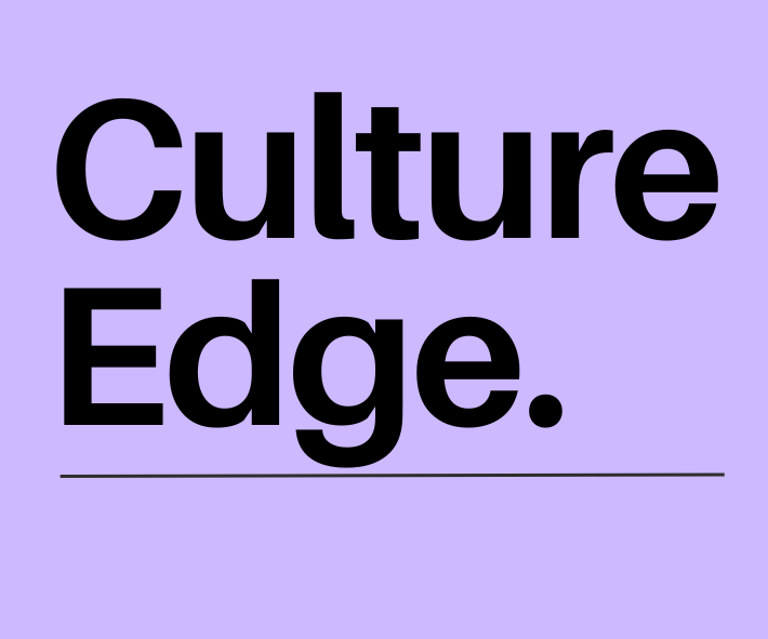From Tick-Box to Meaningful Conversations: Rethinking Performance Reviews
Discover why the traditional annual performance review often falls short and how regular one-to-one meetings can enhance the process. This blog explores the benefits of consistent check-ins, from improving employee well-being and role clarity to fostering engagement and retention, while offering insights into supporting team members’ development, even those who prefer to grow within their existing roles. Empower your managers to make performance reviews meaningful and future-focused.
11/25/20242 min read
The annual performance review, just hearing the words is enough to make employees, managers, and HR professionals alike cringe. For employees, it means carving out time they don’t have to complete the dreaded self-assessment form. For managers, it’s about juggling packed schedules to meet with each team member, provide meaningful feedback, and identify development opportunities. And for HR, it’s the mammoth task of getting the workforce engaged in the performance process while ensuring every box gets ticked. It’s no wonder this process feels transactional and uninspiring for everyone involved.
But what if we shifted our approach? What if performance reviews weren’t a once-a-year “tick-box” exercise but something that evolved naturally from regular conversations throughout the year?
A Case for Maximising One-to-Ones
Many workplaces already hold one-to-one meetings between managers and team members, but often these are used to discuss day-to-day tasks or immediate challenges. What if we expanded their purpose to make them about employee well-being, role clarity, and performance?
Here’s why prioritising and enriching these regular check-ins can be impactful:
Understanding What’s Happening Right Now
Regular check-ins create space for employees to share what’s going on in their lives. A team member going through a tough time might just need a kind conversation, some flexibility, or even time off. These moments matter. They foster trust, loyalty, and well-being in ways that a once-a-year review never could.Connecting Work to Purpose
Getting into the details of what employees are working on helps them see how their efforts contribute to the bigger picture. Even the smallest tasks have purpose, and when employees understand their role’s impact, it boosts their engagement and clarity. Just as important is having a manager who takes an active interest in their role and day-to-day tasks. When employees feel that their work is seen, valued, and supported, it builds a deeper sense of purpose and connection to the team and the organisation. Without role clarity or a manager’s attention, there’s a greater risk of disengagement and psychological hazards.Removing Blockers
Employees often face obstacles that can derail their progress. These one-to-ones provide a platform for managers to help problem-solve or empower employees to take the next step—whether it’s pivoting on a project, engaging a stakeholder, or making a decision with confidence. Managers who actively remove blockers demonstrate their commitment to their team’s success.
The Retention Secret Hidden in One-to-Ones
Regular, meaningful one-to-ones allow managers to act swiftly on their team’s needs. This proactive approach becomes a powerful retention tool. By the time an annual performance review rolls around, employees have often already formed opinions about the business, their manager, and their future in the organisation. Why wait until then to make a difference?
These check-ins create opportunities to address well-being, clear blockers, and build positive relationships between managers and employees. This frees up the performance review to focus on something far more impactful: planning the employee’s future. Importantly, not every employee wants to take on more responsibility or manage a team. Increasingly, employees are seeking opportunities to grow within their existing roles, without the added pressure of leadership responsibilities. One-to-ones provide a space to support these employees by helping them develop new skills, take on meaningful projects, and explore lateral career moves that align with their goals.
Coaching Managers to Lead the Way
To unlock the true potential of one-to-ones, coaching managers on how to conduct them effectively is crucial. These conversations should be meaningful and cover more than just tasks, they should foster connection, culture, and performance. Prioritising this skillset in leadership development not only enhances the employee experience but also strengthens the entire organisation.
Culture Edge acknowledges the Wadawurrung People of Djilang (Geelong), where we’re based, and the many First Nations across Australia where we work. We’re committed to listening, learning, and helping create respectful, culturally safe places to work.
